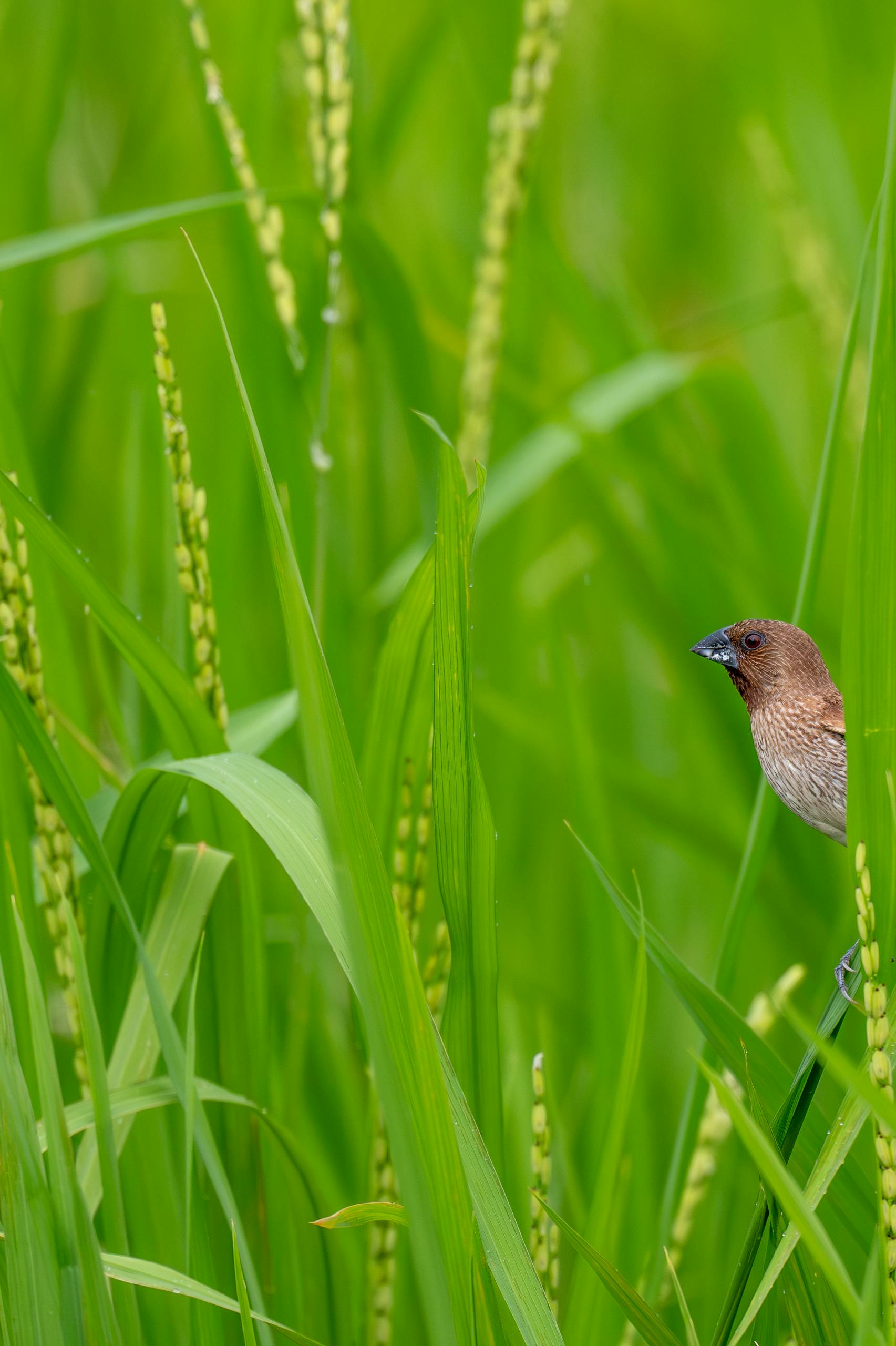When the Body Becomes an Ecosystem
What if the body is not a machine, but a living landscape?
For a long time, we borrowed metaphors from industry to describe the body. Parts wear out; systems fail; replace and repair. The language was helpful in surgeries and scans, but it taught us to expect mechanical solutions to biological problems. Then the science of the microbiome arrived like a reminder from the earth itself: you are not alone in here. You are a host, a habitat, an ecology.
Once we see the body as landscape, different questions arise. What is the quality of the soil (our gut lining, our food, our stress chemistry)? How clean is the water (our sleep, our hydration, our digestion)? How diverse is the life here (our movement, our microbes, our relationships)? We stop treating symptoms like weeds and start asking what the field needs.
This shift is not sentimental. It is practical. An ecosystem approach makes it easier to integrate medicine with daily living, such as food grown closer to the ground, fiber and ferments, and social ties that don’t dissolve under pressure, all in harmony with the natural rhythms of light in the morning and darkness at night. It also asks us to consider the larger ecology: the river that becomes the tap, the field that becomes the plate, the policy that becomes the clinic’s waiting room.
Coaching is a good fit here because it respects the context. We don’t fix landscapes; we steward them. In a landscape, change is a natural part of the seasonal cycle. It depends on cycles, patience, and small, consistent acts. Clients often discover that when they stop fighting their bodies, their bodies stop fighting back. When they begin to restore their rhythms, symptoms loosen their grip.
The promise of the ecosystem metaphor is not that everything will be natural and easy. It is that we can belong to our bodies again—and by belonging, take better care of the places that take care of us. Health becomes less of a personal achievement and more of a shared practice, one in which flourishing is mutual and repair is possible.
